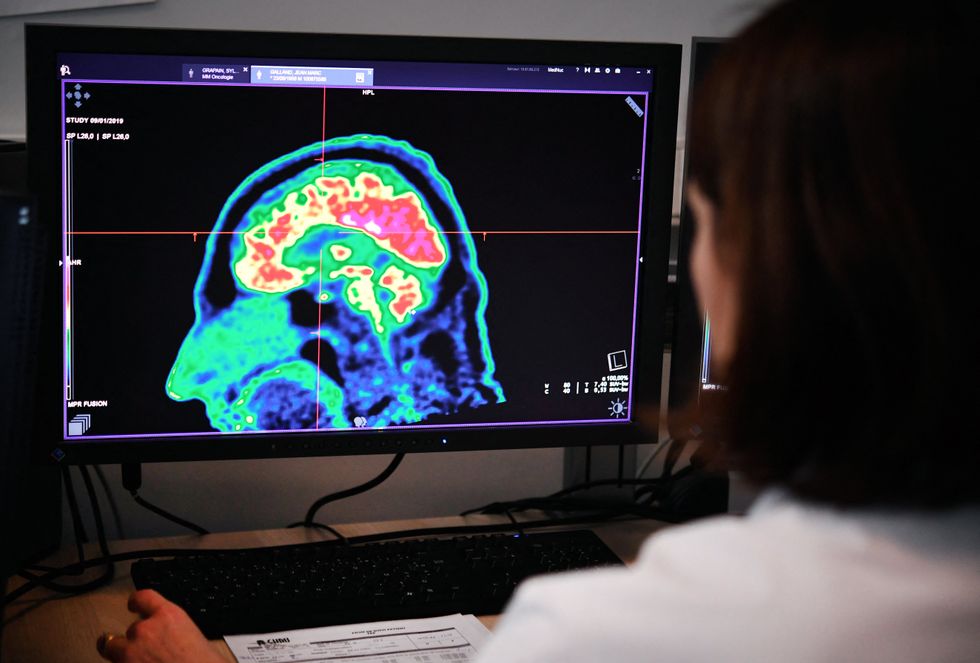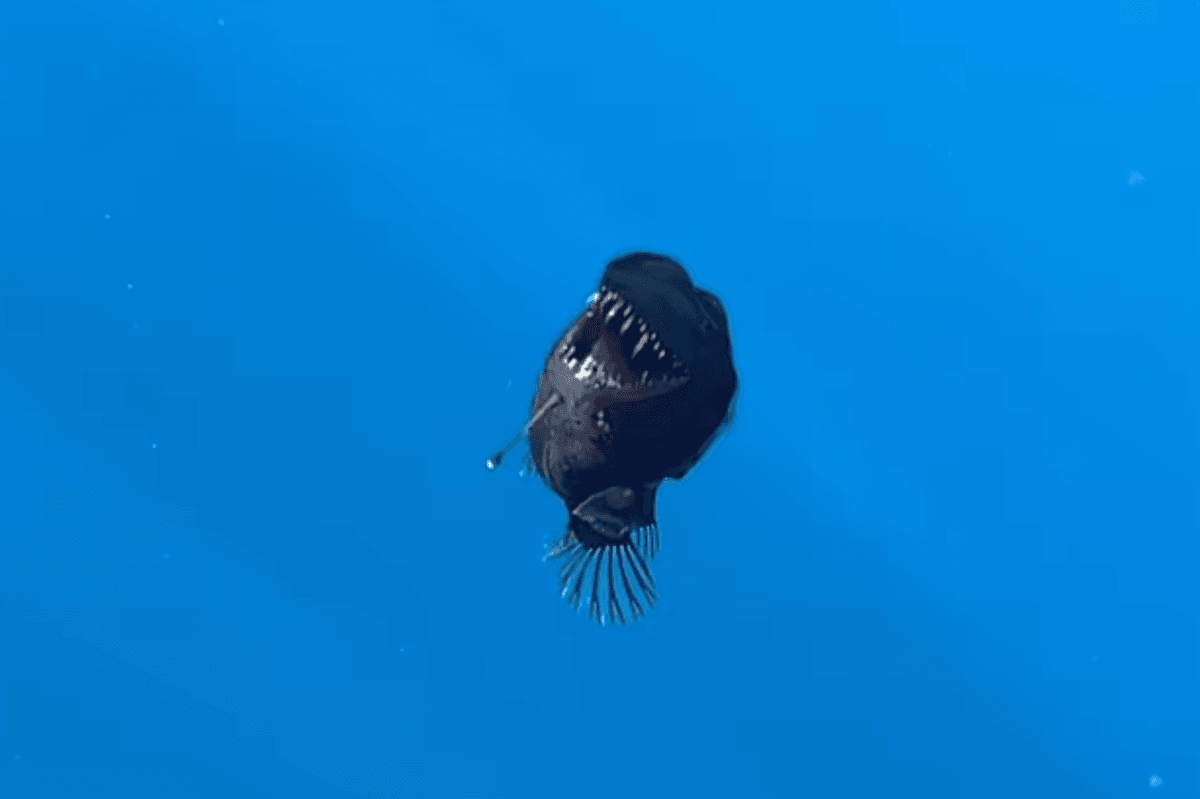Science & Tech
Harry Fletcher
Dec 06, 2024
Will Brain Transplants Ever Be Possible?
Future Publishing - Live Science / VideoElephant
The fact that you’re reading this right now, or doing anything for that matter, is at least partly down to humans evolving larger brains due to tiny microbes in our gut.
At least that’s according to new research from scientists which points to key factors in the advancement of human beings over thousands and thousands of years.
Despite their microscopic size, the new findings suggest that gut microbes played a major role in increasing energy production and influencing the evolution of larger brains in primates.
The new study comes from experts at Northwestern University and was published in the journal Microbial Genomics [via via Neuroscience News].

The research involved implanting microbes into mice, taking them from large-brained species of squirrel monkeys and small-brained species of macaques, as well as humans.
They concluded that differences in gut microbiota contributed to processes of evolution and influencing energy production.
Katherine Amato is associate professor of anthropology at Northwestern and the study’s first author. Amato said: “We know the community of microbes living in the large intestine can produce compounds that affect aspects of human biology — for example, causing changes to metabolism that can lead to insulin resistance and weight gain.
“Variation in the gut microbiota is an unexplored mechanism in which primate metabolism could facilitate different brain-energetic requirements.”
Amato added: “While we did see that human-inoculated mice had some differences, the strongest pattern was the difference between large-brained primates (humans and squirrel monkeys) and smaller-brained primates (macaques).”
It comes after new research showed that dinosaurs known as ceratopsians (of which the classic triceratops is one example) evolved to have a reduced sense of smell and a smaller hearing range – developing a smaller brain as they got bigger.
Sign up for our free Indy100 weekly newsletter
How to join the Indy100's free WhatsApp channel
Have your say in our news democracy. Click the upvote icon at the top of the page to help raise this article through the Indy100 rankings
Top 100
The Conversation (0)














